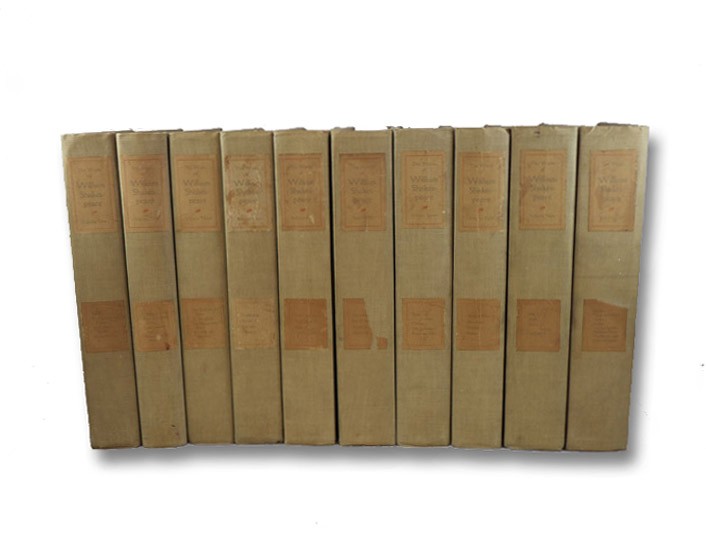Today is my birthday. As such, through the magic of social media, dozens of friends and colleagues have taken a moment out of their day to acknowledge this, wish me well, and recommend that I enjoy myself in a number of ways. Most of these involve consuming good food, drinking alcoholic beverages, and relaxing, so I am more than happy to comply.
As sometimes happens, though, it got me thinking about our fascination with beginnings and endings: birth and death; first days at school at work, retirements and graduations; weddings and funerals. We craft very precise rituals around such things. The idea of celebrating birthdays has been around for several thousands of years. So has the ceremony surrounding funerals. It’s somewhat of a paradox that we need the finality of death as a reminder to take a moment and look back at a life. Perhaps this is why we also choose to celebrate birthdays. Can you imagine what we would miss if we didn’t?
I see this in the world of books, as well. Readers and collectors are interested in: the first editions of famous works; the first printed example of the word ‘robot’; the earliest published work by their favorite author; the last book to be printed at a particular press before it was lost to fire; etc. My colleagues will also be quick to agree that nothing sells signed books like the death of their author. Morbid, yes, but it’s a fact of the business.
We seem to need these signposts to be able to separate things from the vast sea of noise we encounter every day. Something needs to, figuratively, wave its hands in the air and say, “Excuse me, I’m worthy of your attention today!” Thus, holidays, anniversaries, National ______ Day, the celebration of the foundational and the classic. We do not celebrate the birthday because the day is inherently special, but because the person is significant to us, and that just happens to be the day that a continuous and important event, which we call their life, began. We do not honor someone in death because we want to make a big deal out of death, we do it because we are mourning the loss of something that can never occur again.
Similarly with books: More often than not, collectors have an interest in the first edition, not because that edition is materially better than other editions, but because the object, as a first edition, is a physical representation of when that work’s life began. Collectors of first editions are, in a sense, celebrating the book’s birthday. Those who, upon hearing of an author’s death, immediately seek out signed copies of his/her works, are not celebrating the death, but commemorating the life (though there are perhaps an unscrupulous few who are the exceptions proving this rule).
Significant events also have a way of allowing us to rediscover things, and people. Sometimes the things we rediscover are fairly mundane: we will drink a margarita on Cinco de Mayo, or take a moment to thank a librarian, secretary, or teacher because there is a day when that is the socially appropriate behavior. Over and above these small acts of appreciation, though, are the infinite opportunities for rediscovery of greatness. The world is too vast and complex for us to hold it all in our minds on a daily basis, so instead we should acknowledge the moments that invite us to enjoy a particular aspect of it.
Books are a particularly valuable tool in this sense. They exist in a particular moment, but contain universes, generations, cultures. They are someone’s soul poured into a bottle. They are the simplest form of time capsule, and because of this perhaps the best kind. Each time we take one from the shelf and choose to open it up and see what is within, we are in a sense saying, “Today is your day. Let’s take a moment to remember why you’re special.”
To those that took the time to wish me well today, thank you. As you can see from my ruminations, such things mean a great deal to me, and I am happy to know I mean something to you. For those who took the time today to open a book, thank you also, and enjoy.
Here are a few of the books we recommend celebrating this month:

